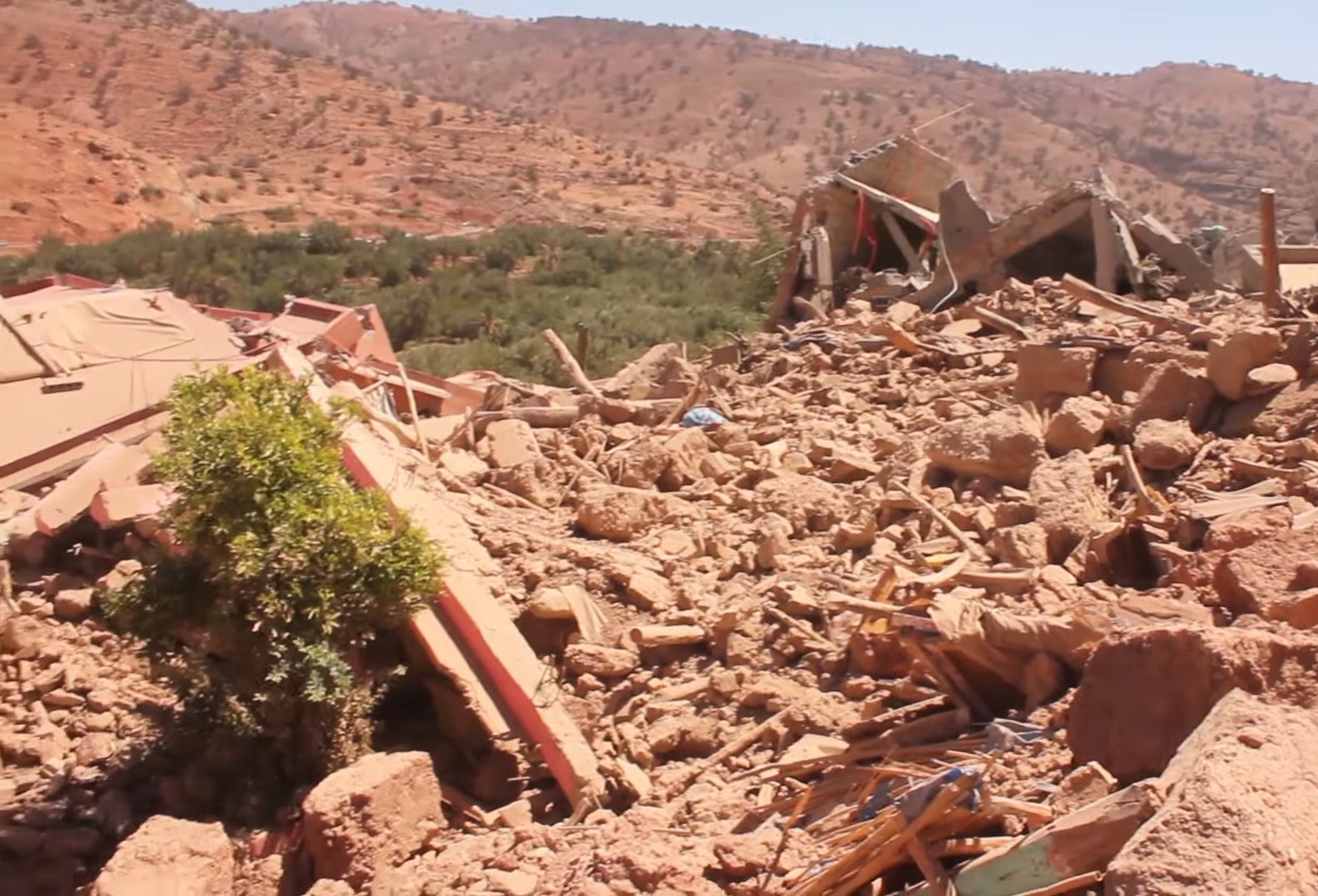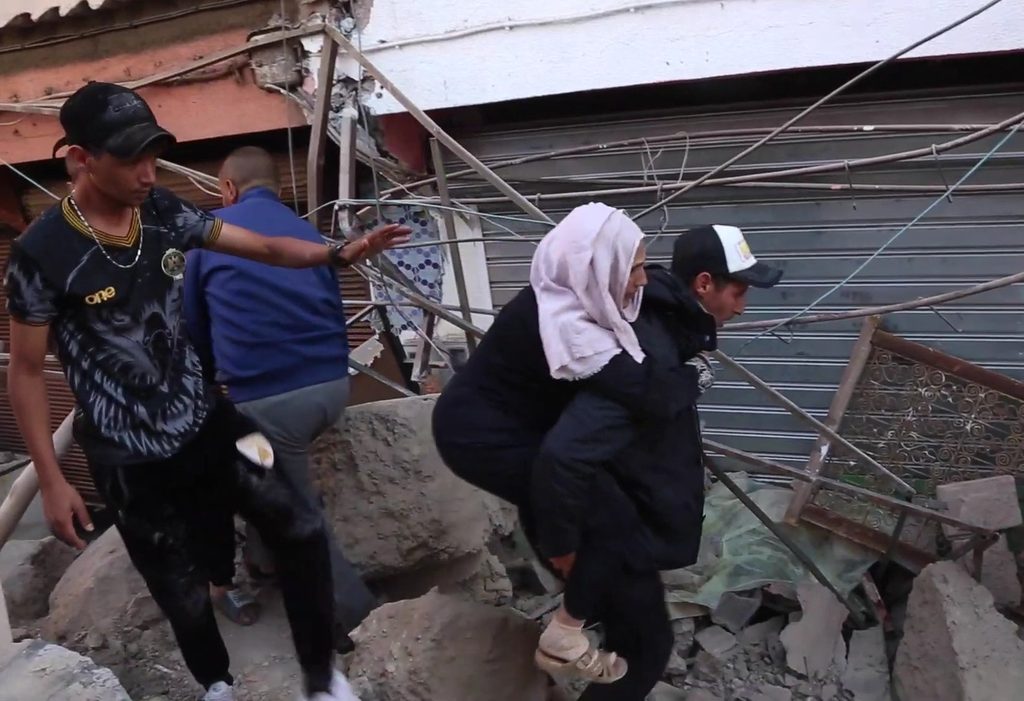Morocco continued to mourn its dead on Sunday after a massive earthquake devastated large parts of the country and killed more than 2,000 people on Friday night.
The earthquake, which measured nearly 7 on the Richter scale, is the most powerful ever recorded in Morocco. It left at least 2,012 people dead and 2,059 injured, 1,404 of whom are in a very serious condition, the Ministry of the Interior said on Saturday evening.
The province of Al-Haouz, where the epicentre of the earthquake was located, has suffered the most deaths (1,293), followed by the province of Taroudant (452). Entire villages were wiped out in both regions, which are located to the south of the historic city of Marrakesh.
"I've lost everything," said Lahcen, a resident of the village of Moulay Brahim in the High Atlas, whose wife and four children were killed. "I can't do anything about it now, I just want to get away from the world, mourn," he added, while lying prostrate in a corner.

Credit: Wikimedia Commons
In the ruins of this village of some 3,000 inhabitants, Bouchra dries her tears with her scarf as she watches men digging graves to bury the dead.
"My cousin's grandchildren are dead," she said, before adding in a strained voice: "I saw the devastation of the earthquake live, I'm still shaking. It’s like a ball of fire that has engulfed everything in its path."
"Everyone here has lost family whether in our village or elsewhere in the region," she continued.
Leaders from around the world have expressed their shock and condolences. Several countries, including Belgium, Israel, France, Spain, Italy and the United States have sent millions of euros worth of humanitarian aid; many have offered additional forms of support.

Credit: Wikimedia Commons
Even neighbouring Algeria, which has stormy relations with Morocco, has opened its airspace, closed for two years, to flights carrying humanitarian aid and the injured.
According to the International Red Cross, Morocco's humanitarian needs are immense.
"It won’t be a matter of a week or two… We are counting on months, if not years, of response," warned Hossam Elsharkawi, Director for the Near East and North Africa for the International Federation of Red Cross and Red Crescent Societies, in a statement.
The village of Tafeghaghte, 60 kilometres south-west of Marrakesh, was almost entirely destroyed by the earthquake, the epicentre of which was only some 50 kilometres away, according to an AFP team. Few buildings are still standing.
On Saturday, many locals went to the cemetery to bury some 70 people's remains. The funeral rites were punctuated by shouts and cries.
Related News
- De Croo: 'Belgium stands by Morocco' following devastating earthquake
- Federal Government to send €5 million in aid to Morocco following earthquake
In the evening, television channels broadcast aerial images showing completely pulverised villages in the Al-Haouz region.
In Marrakesh, the alleys of the Mellah, the historic Jewish quarter, are littered with debris. Dozens of people spent their second night outside for fear that their damaged homes would collapse on them.
The earthquake was also felt in Rabat, Casablanca, Agadir and Essaouira, where many panicked residents also took to the streets in the middle of the night, fearing that their homes would collapse.
This earthquake is the deadliest in Morocco since the one that destroyed Agadir, on the country's west coast, on 29 February 1960, which killed nearly 15,000 people: a third of the city's population.
Morocco has declared a three-day period of national mourning.

